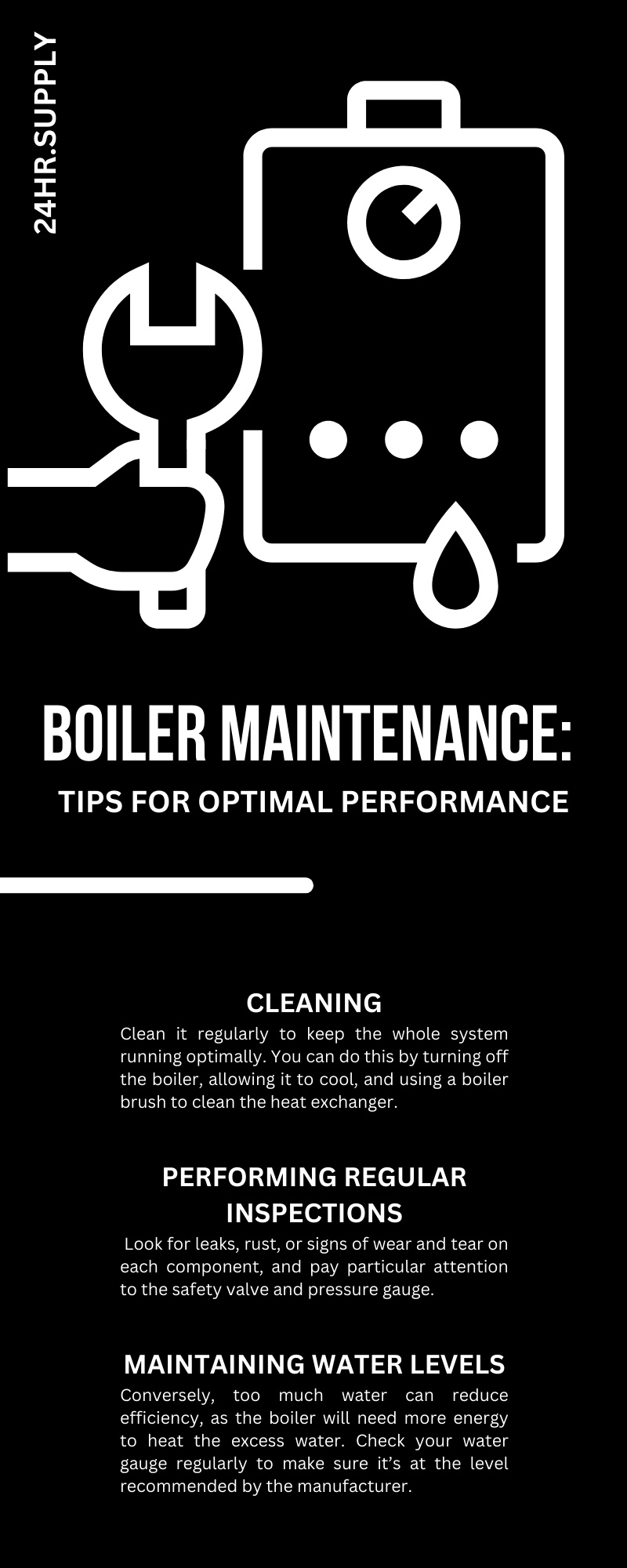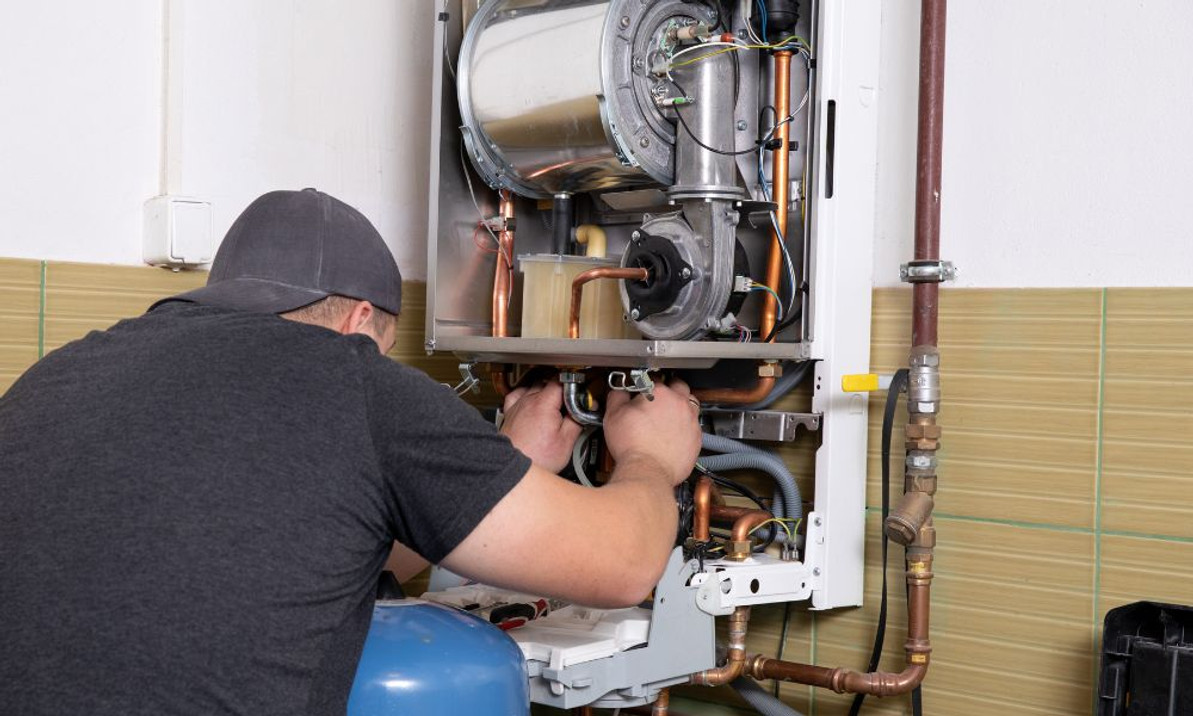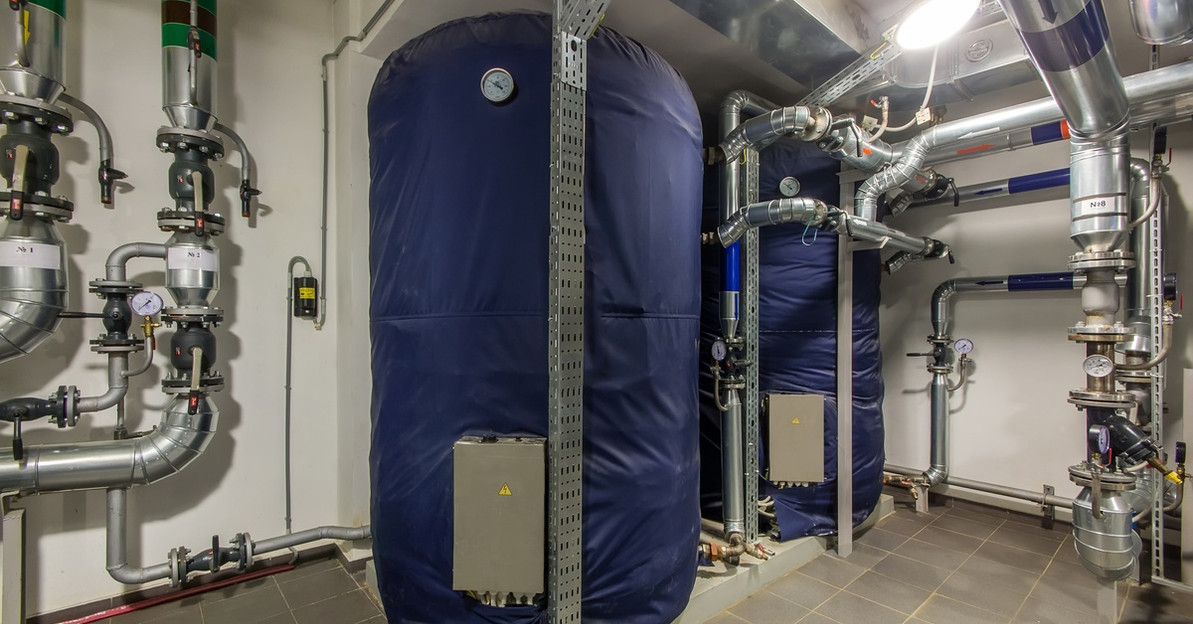Boiler Maintenance: Tips for Optimal Performance
In the heart of your home or business, a powerful device works quietly and tirelessly to keep you warm: your boiler. This robust appliance, though often overlooked, plays a pivotal role in promoting comfort and efficiency, especially during the colder months. However, achieving optimal performance from your boiler requires regular maintenance, which is a task many tend to neglect.
The tips outlined below will shed light on your boiler’s operation, the importance of its upkeep, and practical ways to maintain it. Whether you’re a homeowner, a facilities manager, or simply someone interested in learning more about boiler maintenance, this guide is designed with you in mind.
By understanding the vital role each component plays—and by performing regular checks and services—you can extend your boiler’s lifespan, improve its efficiency, and save a bundle on energy costs. Learn more about how to keep a boiler running at its best!
Understanding Your Boiler: Key Components
In basic terms, a boiler is a heating device that operates on the simple principle of heating water to convert it into steam or hot water. The heat can then be used to warm your home or produce hot water for everyday use. A boiler comprises several components that each play a crucial role in its operation, including:
Burner
The heart of the boiler is its burner, which ignites the fuel to generate heat. The heat from the burner warms up the heat exchanger, another critical component typically made of strong metal like steel or cast iron. The heat exchanger then transfers the heat from the burner to the water.
Heat Distribution
Once the water is converted to steam or hot water, it travels through a series of pipes to your radiators or underfloor heating systems. This process distributes warmth throughout your home.
Safety Valve
If the pressure inside the boiler exceeds safe levels, its safety valve will open automatically to release the excess pressure. This small component can prevent the boiler from exploding or damaging other items around it.
Flue or Chimney
Your boiler also features a flue, responsible for safely expelling the waste gases produced during the combustion process out of your home. This way, your indoor air remains clean and safe to breathe.
The Importance of Regular Maintenance
When you perform timely checks and services on your heating boiler, it operates smoothly and at its highest efficiency. You’ll enjoy a consistent warmth in your home and save on your energy bills by reducing fuel consumption. Plus, the boiler will be less likely to break down unexpectedly, and more likely to deliver reliable service for a long time.
What If You Neglect It?
Without timely maintenance, your boiler may perform poorly and require costly repairs sooner rather than later. For instance, without regular cleaning, soot and scale can build up on the heat exchanger. This buildup can hamper the heat transfer process, causing your boiler to consume more fuel and overwork itself to heat your home.
Ignoring regular maintenance can also lead to more serious—and expensive—issues. When components wear out or break down, the system could leak or fail completely. In some cases, this could even lead to dangerous situations like carbon monoxide leakage.
Practical Tips for Maintaining Your Boiler
Keeping your boiler in good shape requires a hands-on approach. There are plenty of measures you can take to ensure it runs efficiently and safely.
Cleaning
Over time, scale and soot can accumulate on the heat exchanger, impeding its ability to transfer heat effectively. Clean it regularly to keep the whole system running optimally. You can do this by turning off the boiler, allowing it to cool, and using a boiler brush to clean the heat exchanger.
Performing Regular Inspections
Frequent visual checks can help you identify potential issues before they become serious problems. Look for leaks, rust, or signs of wear and tear on each component, and pay particular attention to the safety valve and pressure gauge. Should you notice anything out of the ordinary, call a professional plumber to assess the situation and make necessary repairs or replacements.
Maintaining Water Levels
Inadequate water levels in your boiler can lead to overheating and damage to individual components. Conversely, too much water can reduce efficiency, as the boiler will need more energy to heat the excess water. Check your water gauge regularly to make sure it’s at the level recommended by the manufacturer.
Maintaining Correct Pressure
If your boiler is under too much pressure, it places unnecessary strain on the components. Too little pressure, on the other hand, interferes with its ability to heat your home effectively.
The pressure gauge on your boiler should generally read between one and two bars. Should the pressure fall below or rise above this range, you may need to add or release water from the system.
When To Call a Professional
While you should be personally involved in maintaining your boiler, some situations will require a helping hand from a boiler expert.
Unusual Noises
Do you hear banging or whistling coming from your boiler? The problem could lie with a faulty pump, low water pressure, or even a failing component. A professional can give you an accurate diagnosis and suggest an appropriate solution.
Persistent Pressure Problems
While minor fluctuations in pressure can often be corrected by adding or releasing water from the system, constant pressure issues may point to more serious underlying problems. Professional plumbers and heating engineers are equipped to handle such matters safely.
Not Enough Heat
If your boiler isn’t providing enough heat or hot water, explain your issue to a seasoned expert. You may have problems with your thermostat, or a component inside your boiler is about to fail. A professional can readily identify the cause and fix it, restoring your boiler to optimal performance.
As you roll up your sleeves and perform your own boiler maintenance to keep it in optimal condition, remember that every step you take plays a crucial role. Regular cleaning, visual checks, and monitoring water levels and pressure are all things you can do at home to promote peak boiler performance.
However, it’s equally important to recognize when you’ll need to call in a professional. The skill and experience of a plumber or heating engineer can be invaluable in identifying and resolving more complex issues. Remember, boiler maintenance is not a one-time task but a continuous effort.

Recent Posts
-
7 Signs That Your Water Heater Is Leaking
A water heater might not be the flashiest appliance in your home, but when it starts acting up, it c …Jun 27th 2025 -
The Impact of Booster Pumps on Water Quality
Imagine turning on your faucet, only to watch a weak stream of water struggle its way out. It’ …Jun 16th 2025 -
Step-by-Step Guide To Installing a Commercial Water Heater
Installing a commercial water heater is a big project, especially when it directly impacts the comfo …Jun 10th 2025





